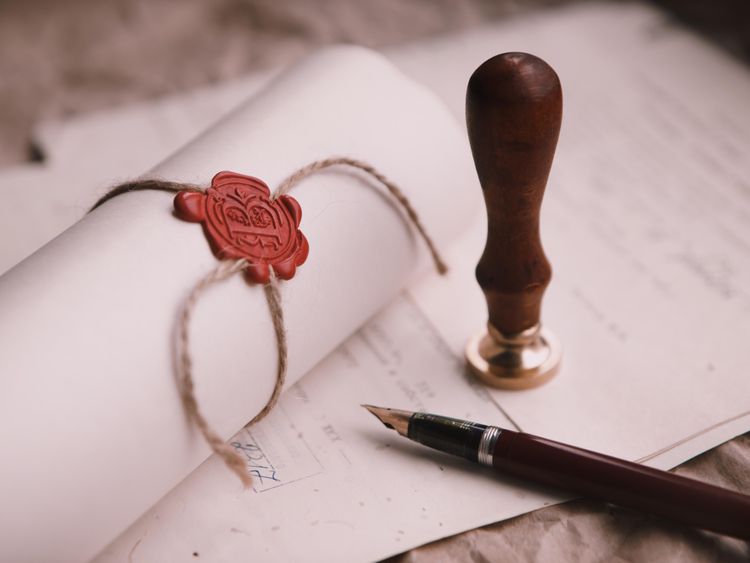Dubai: Are you worried about making your will? Despite the current restrictions on movement, you can easily make a registered will online in Dubai, which is enforceable within the UAE.
Why do you need to make a will?
Non-Muslim expats with assets (cash, bank accounts, properties) in the UAE should make a will and register it in order to ensure that their assets are passed on to the legally assigned family members or friends or even a legal entity.
The UAE courts adhere to Sharia law and in the absence of a will, the local courts will distribute your estate and appoint guardians according to the principles of Sharia law.
This is why it is important to draft and register a will, which you can do in the UAE at the Abu Dhabi courts as well as Dubai International Financial Centre (DIFC) Courts. During the current restrictions on movement, DIFC Courts have also offered additional will registration services online.
Shannon Herriot, Manager and Senior Compliance Officer, DIFC Courts Wills Service Centre, spoke to Gulf News about how many non-Muslim residents were unaware that there was no concept of the right of survivorship in the UAE, which affects jointly owned assets.
What is right of survivorship?
When jointly owned property includes a right of survivorship, the surviving owner automatically receives the dying owner’s share of the property.
“In fact, some [expatriates] were even unaware until they considered having a will that if they own property and bank accounts jointly with their spouse, ownership would not automatically pass to the survivor, but instead will be divided according to the UAE’s sharia-based law, whether or not they are Muslim. This can lead to a time-consuming and complex legal process to transfer assets in the absence of a will,” Herriot added.
In fact, some were even unaware until they considered having a will that if they own property and bank accounts jointly with their spouse, ownership would not automatically pass to the survivor, but instead will be divided according to the UAE’s sharia-based law, whether or not they are Muslim. This can lead to a time-consuming and complex legal process to transfer assets in the absence of a will.

